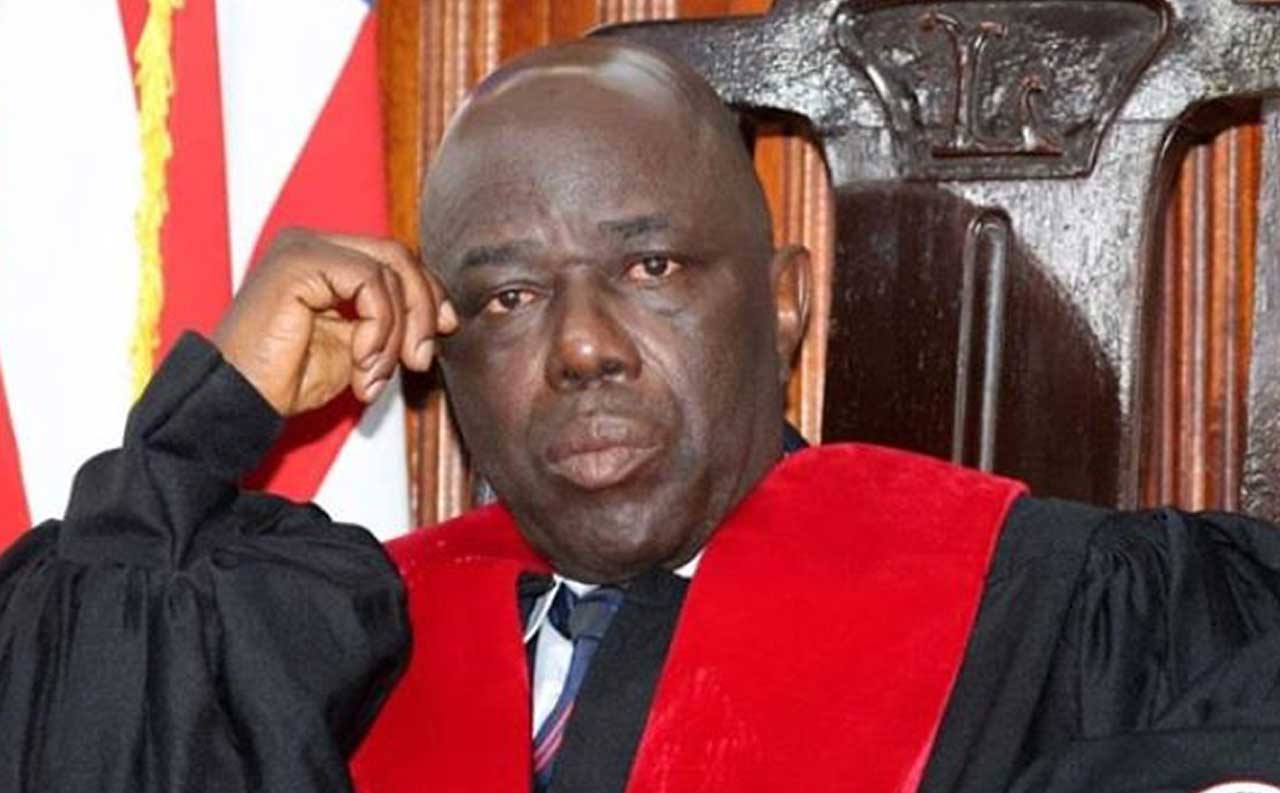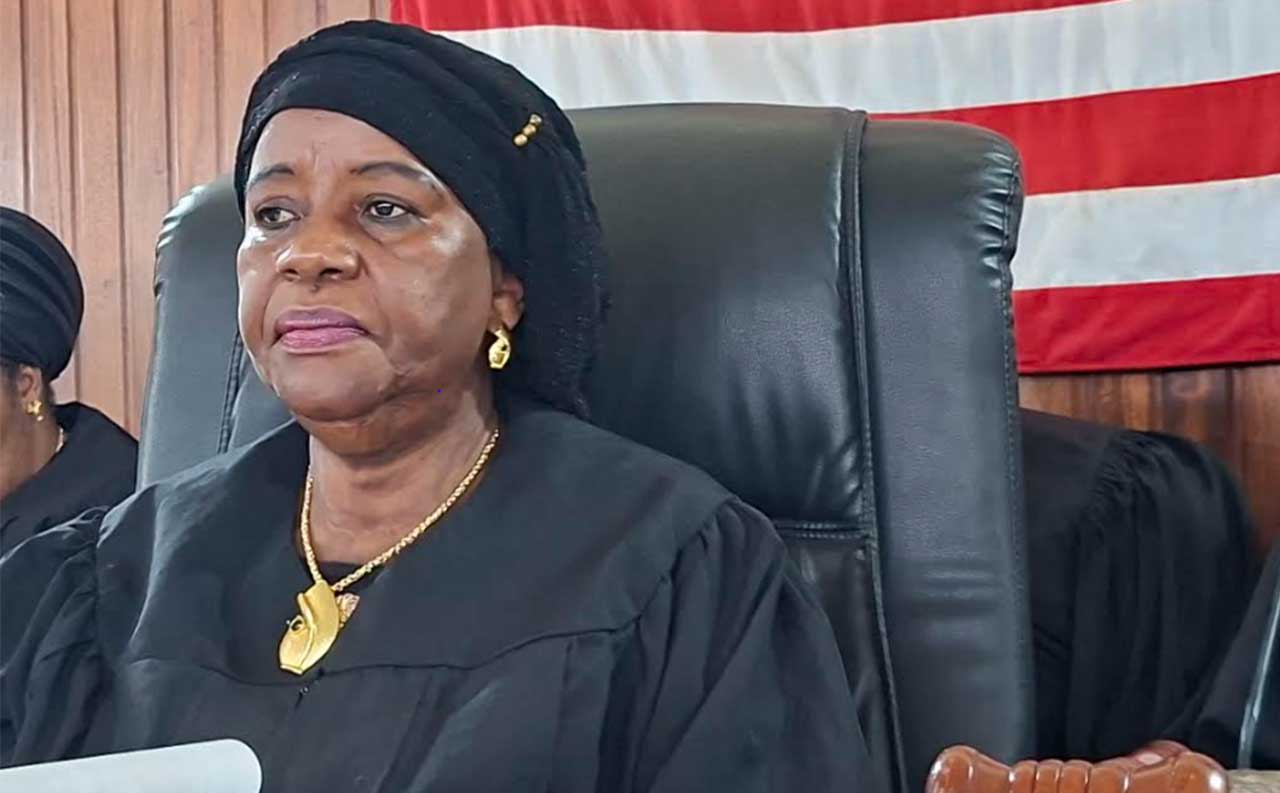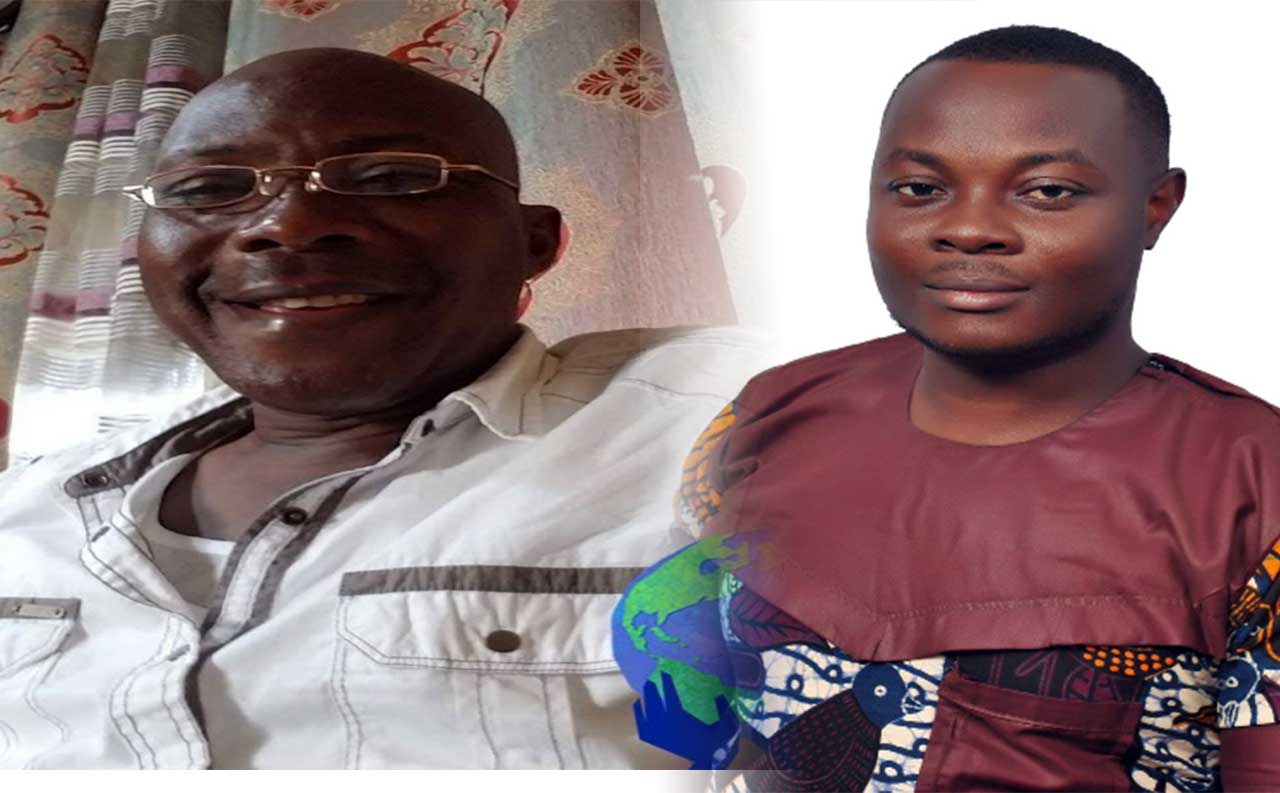The Chief Justice of the Supreme Court of Liberia has urged the Ministry of Justice to take swift action regarding the overcrowding at the Monrovia prison facility. During the opening of the October Term of Court on Monday, October 13, 2025, Chief Justice Yamie Qui-qui Gbeisay expressed concern about the significant number of pretrial detainees at the Monrovia Central Prison.
According to the law, an individual should not be held in pretrial detention for more than two terms of court, equivalent to approximately 84 days. If no indictment or trial occurs within that time frame, the charges must be dismissed. This rule is based on the Constitution of Liberia and other statutes, aimed at preventing arbitrary and prolonged detention.
However, in practice, this law is frequently violated, leading to many individuals remaining in pretrial detention for extended periods due to systemic issues. Chief Justice Gbeisay noted that Criminal Court “E,” which handles sexual offenses, currently has 106 cases on its docket, yet 190 accused individuals are in detention for these non-billable offenses. Some of these accused have been incarcerated for nearly 10 years. While acknowledging the seriousness of rape as a capital offense, he expressed grave concerns about the fundamental human rights of detainees who have not yet been proven guilty or innocent.
“What happens when some pretrial detainees are found to be innocent? This is alarming. They would have been punished for a crime they did not commit,” Chief Justice Gbeisay said. In response, he ordered the partitioning of Criminal Court “E,” which by law is overseen by two judges, creating two separate courtrooms for them to address cases simultaneously and thus reduce the backlog of pretrial detainees charged with gender and sexual offenses.
The Chief Justice is also considering similar action for Criminal Court “D,” which deals with armed robbery, where 219 individuals were in pretrial detention as of last Friday. Officials from the Ministry of Justice met with the Chief Justice on September 24, 2025, to discuss strategies for addressing the overcrowding at the Monrovia Central Prison and explore temporary solutions.
However, the Chief Justice reminded Justice Minister Oswald N. Tweh and his colleagues that with a population exceeding five million in Liberia, it is unrealistic to have a prison facility that accommodates only 1,350 individuals. He pointed out that the government is actively combating crime, including drug-related offenses and corruption. “I also reminded the Justice Ministry officials that Liberia is a post-war country, and many young adults today grew up in violent environments; therefore, it will take time to reduce our crime rate,” he noted. During the meeting, the Chief Justice urged Minister Tweh to recognize that the construction of prisons or correctional facilities is essential for development and contributes to peace and security.
He expressed that the lack of adequate prison facilities in Liberia poses significant challenges. If a magistrate fails to remand a violent criminal who cannot secure a criminal appearance bond, they risk being accused of bribery. On the other hand, if they send the criminal to jail, they face criticism for contributing to overcrowding, complicating their responsibilities.
He stated that the judiciary serves as the final arbiter of the law, and legal practitioners are well aware of the challenges they encounter in interpreting it. In the spirit of collaboration among the three branches of government, the Supreme Court has formed a committee tasked with drafting a bill to be submitted to the Legislature, via the Executive Branch, for the establishment of a family and children’s court.
Chief Justice Gbeisay outlined the family court’s purpose, which will address issues related to marriage, divorce, separation, child support, adoption, and child custody, among others. “We call upon our national and international development partners for their support in this endeavor,” the Chief Justice stated. To combat corruption within the judiciary, Chief Justice Gbeisay has established a division known as the Judicial Monitoring, Evaluation, and Accountability Unit. This division is responsible for monitoring, evaluating, and ensuring accountability across all areas of the judiciary, overseeing the performance of judges, magistrates, and judicial staff.



